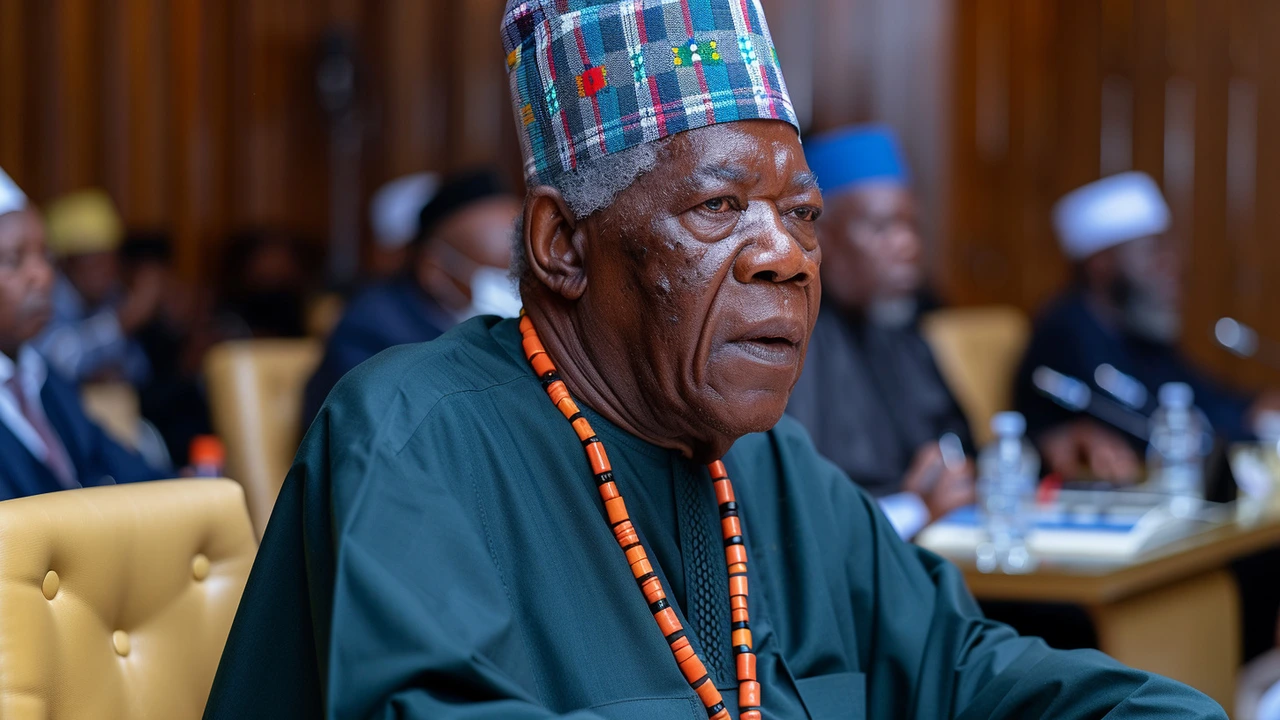Economic policy: what it means for your money, job and services
Economic policy sounds technical, but it shows up in everyday life. When a government boosts county budgets, changes taxes, or agrees trade deals, that affects jobs, prices and public services. On this tag page we collect news and clear explainers so you know what’s changing and why it matters.
So what counts as economic policy? Think fiscal moves like budgets and subsidies, monetary choices by central banks, trade agreements, labour rules and spending on health or infrastructure. Each choice has winners and losers. We focus on what policymakers decide and the direct impact on people and businesses.
Here are the kinds of stories you’ll find here. Kenya’s MPs approving Sh405 billion for county allocations shows how budget lines shape local projects. A SullivanCotter survey about nurse pay highlights how salary changes respond to staff shortages. Europe’s tourism bounce is a reminder that policy and demand both steer industries. These examples show the range — local budgets, sector pay, and cross-border trends.
What to look for in a policy story
Start with the numbers. Budgets, percentage changes and timelines tell you the scale and pace of the change. Look for who pays and who benefits. Is a new subsidy aimed at small farmers or big firms? Is a tax cut temporary or permanent? Check the implementation details — announcements matter less than laws and spending plans being passed.
Watch the actors. Ministers, central bank governors, parliaments and courts all shape outcomes. Political moves can shift policy fast. For example, cabinet changes or coalition tensions can slow or speed reforms. We flag the key players in each story so you can follow who’s pushing for what.
How policy affects you
Policy decisions influence day-to-day things: the cost of fuel, public healthcare staffing, local road repairs, school budgets and even job openings. A county allocation boost can mean new clinics or roads in your area. A change in trade policy can raise or lower prices for imported goods. We aim to connect headlines to real-life effects.
Use this tag to stay practical. Scan for quick summaries, check numbers, and read our explainers when a policy sounds confusing. If you want deeper context, follow linked stories about past budgets or similar moves in other countries. Comparing helps you spot trends, not just one-off headlines.
Want updates? Bookmark this page or subscribe to CottonCandi News alerts for the "economic policy" tag. We’ll keep tracking major budgets, tax shifts, trade deals and wage trends across Africa and beyond — and explain what the changes mean for you.
